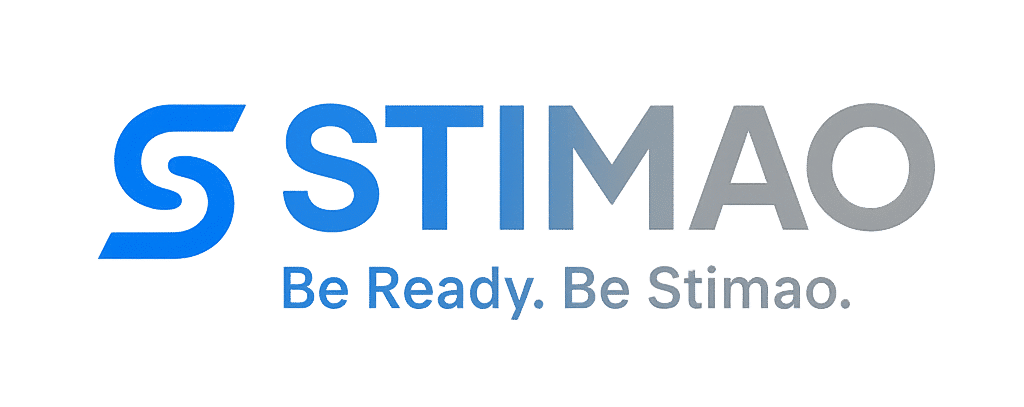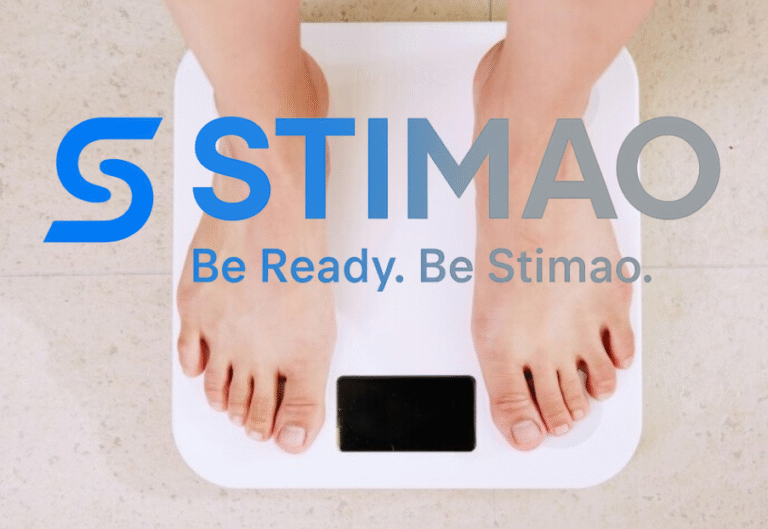
Sleep isn’t just about catching some Z’s after a long day. It’s a powerful tool for boosting workout performance and overall health. Quality sleep enhances muscle recovery, balances hormones, and sharpens mental focus. From increased energy levels to better coordination, a good night’s rest can make a day-and-night difference in reaching fitness goals.
Let’s break it down scientifically. During non-REM sleep, that’s your deep sleep, your body repairs muscle tissues and releases growth hormones. These magic hours are essential for muscle recovery and growth. In the REM stages, the brain processes information, which helps you master those new workout techniques. Combine these factors, and you’re looking at more effective workouts and quicker recovery times.
Just how much of a game-changer is sleep? Research says athletes who sleep adequately show improved performance, faster sprint times, and higher workout output compared to those running on little rest. Sleep directly affects your motivation, mood, and endurance. Deprived of it, performance can plummet as much as 30%, halting progress and upping injury risks. Think of sleep as your silent coach, prepping you for peak performance.
Wondering how to get started on a sleep-smart workout routine? Consider establishing a consistent sleep schedule — same bedtime, same wake-up call, even on weekends. Create a bedtime ritual to signal your body it’s time to wind down. Dimming the lights, avoiding screens before bed, and opting for calming activities can set the stage for restful sleep. These small adjustments can lead to big improvements in athletic performance.
Looking at the pros for inspiration, take sprinter Gabby Thomas. She’s among the elite athletes prioritizing sleep as part of training. Emulating habits of Olympic champs like Gabby involves early bedtime, power naps, and strict pre-bedtime routines. They focus on getting at least 8 hours of sleep and adapting sleep environments with blackout curtains or noise machines to craft the perfect sleep sanctuary. It’s about finding what works for your schedule and sticking to it with intent.
Designing a sleep schedule isn’t a one-size-fits-all deal. Charting out a personalized plan that suits your specific needs can make all the difference. Whether trying to cut seconds off your sprint or up your endurance, sleep is a crucial piece of the puzzle.






